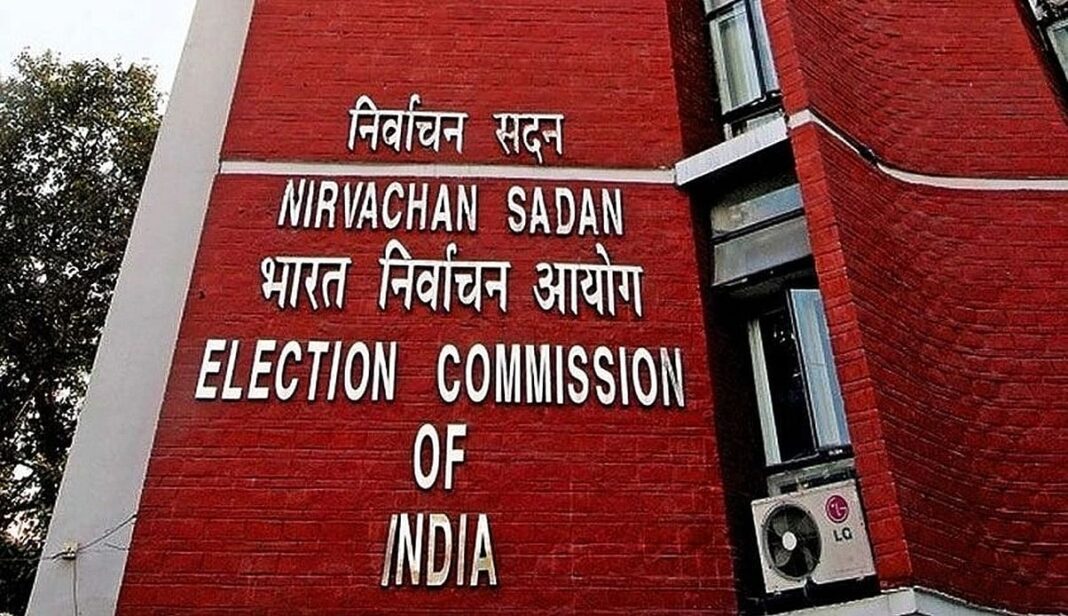The studied silence of the Election Commission of India on the Union government’s notification, on November 7, to open yet another window to buy/sell electoral bonds is no surprise. After opposing the controversial scheme on multiple occasions between 2017 and 2020, and after telling both the government and the Supreme Court of India that it was a retrograde step that would allow black money and shell companies to vitiate the conduct of free and fair elections, the EC appears to have fallen in line. Yet, the notification earlier this month was so sudden and so brazen that the Commission was expected to at least make a show of resistance.
That it did no such thing is both sad and significant. The notification on November 7 amended the government’s 2018 notification, which made provision for four windows every year, of 10 days each, in January, April, July and October, during which the State Bank of India could sell electoral bonds. Later in 2019 it added a fifth window, for years featuring a general election.
What prompted the government to suddenly notify another window this year, within days of closure of sales in October, remains a mystery. What has raised eyebrows is that the latest notification came on the heels of the EC notification of elections in Himachal Pradesh and Gujarat. It certainly looks like a violation of the Model Code of Conduct (MCC) and since the November 7 notification opened the window between November 9 and November 15 (Himachal, incidentally, went to polls on November 12), appeals were made by several public-spirited intellectuals to the Election Commission of India to intervene.
In an open letter addressed to the EC, former IAS and secretary to the Government of India EAS Sarma described the notification as “ill-timed and improper” and disregarding of the fact that challenges to the electoral bond scheme are pending before the Supreme Court of India. While a division bench of the apex court will hear, on December 6, pleas to refer the case to a larger bench, the Election Commission of India is duty-bound, Sarma wrote, to step in and stay the arbitrary window barely three weeks before polling day in Gujarat. No surprise, though, that the Election Commission is deafeningly silent.
There is nothing to suggest that the Union government had even consulted, leave alone taken permission from, the Election Commission before issuing the notification during a period when the model code of conduct is in force. It is also unclear why the government had to open a new window barely weeks after an earlier one had closed. The new window that opened on November 9 could not have been designed with an eye to polling in Himachal either, where the last date for campaigning ended on November 10.
Incidentally, 98 per cent of donations made so far through electoral bonds have gone to the ruling BJP. Both the Attorney General and the Solicitor General of India took great pains last month to tell the Supreme Court that the electoral bond scheme was totally transparent, that there was no way shell companies could now contribute black money to political parties. One hopes they will also satisfactorily explain why the Income Tax Act and the Companies Act were amended to ensure that companies no longer declare political contributions in their books but merely post the figures.
Indian citizens would like to know why the Acts were amended to allow foreign donations to political parties and why the ceiling of political contributions not exceeding 7. 5 per cent of average profits in the previous three years was done away with. Above all, if the government is so committed to transparency, why do we need the bonds? Donors can surely issue cheques or transfer the amounts digitally and parties can make a declaration to the Commission?.
From: nationalheraldindia
URL: https://www.nationalheraldindia.com/opinion/why-the-ec-is-mum-on-electoral-bonds



